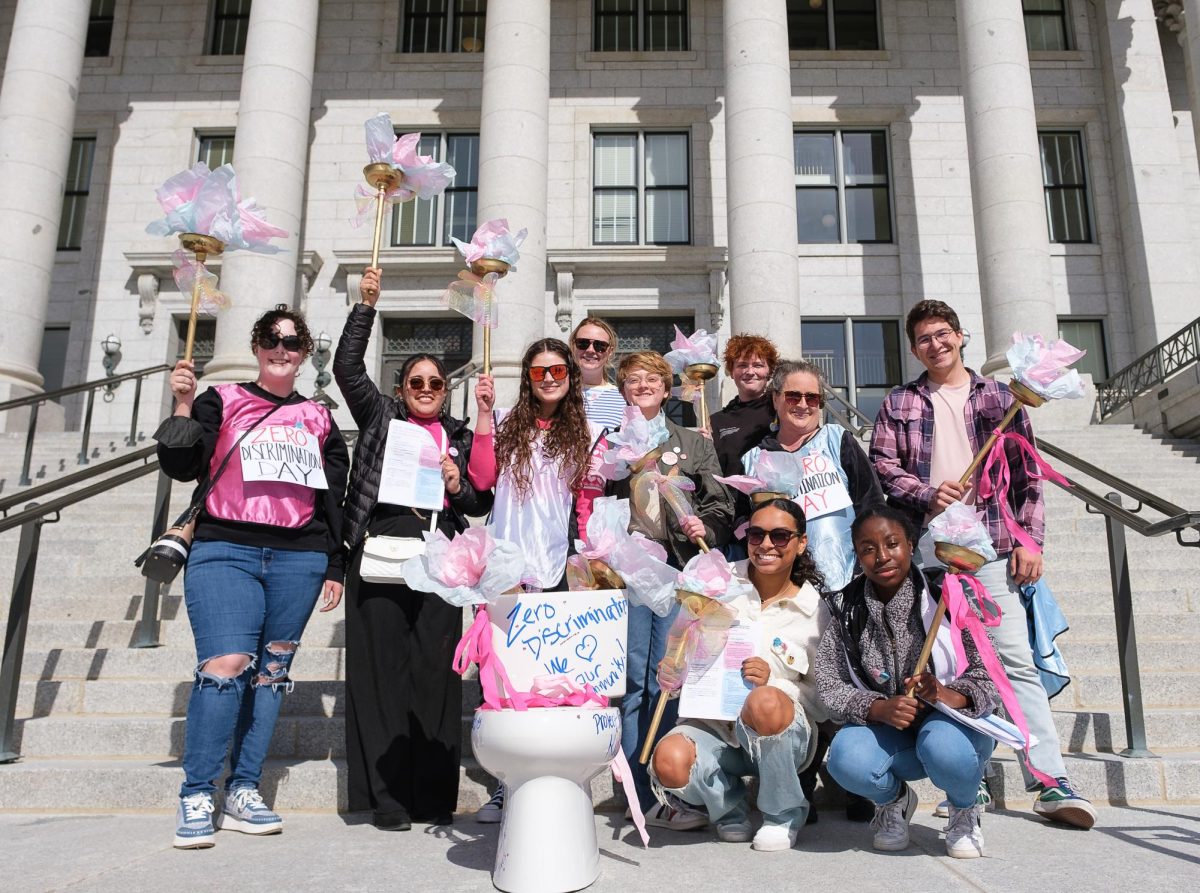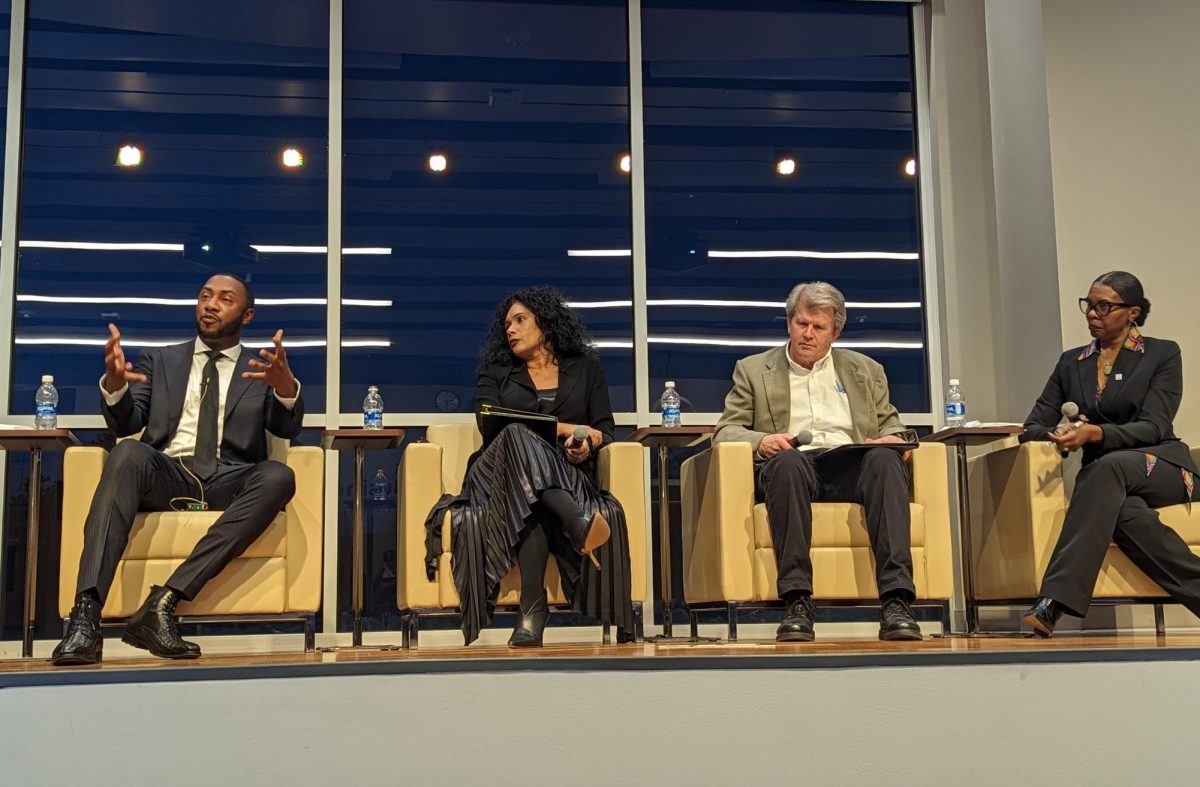If a bill proposed at the Utah Legislature passes, undocumented students receiving in-state tuition would be required to sign a legal declaration each semester promising they haven’t worked in the past year.
Although some U students and faculty were concerned that a bill repealing laws allowing undocumented students to pay in-state tuition would return to the Hill this year after failing during the past six legislative sessions, House Bill 208 would prevent undocumented students from paying in-state tuition at state colleges and universities if it is proven that they have worked or received any kind of income.
The bill also prohibits undocumented students from applying for or receiving student loans, grants or scholarships sponsored by public money.
Rep. Richard Greenwood, R-Roy, introduced the bill Feb. 4.
“It’s a problematic bill,” said Caitlin Cahill, a professor in city and metropolitan planning at the U who lobbied against the tuition bill last year. “If you’re undocumented, you can’t work.”
Nonresidential tuition is almost three times the amount of residential tuition, Cahill said. There are fewer than 200 undocumented students in Utah right now, she said.
Rep. Bradley Daw, R-Orem, said the bill is a matter of obeying existing laws.
“In a nutshell, the bill says if you’ve broken the law, you can’t receive in-state tuition,” he said.
Most undocumented students come to Utah as children and are raised in the state, which becomes their “home country,” said senior Richard Diaz, a member of the Social Justice Scholars.
Diaz said H.B. 208 adds more fear to the already fearful process of going to college. Undocumented students have a much harder time starting school because there is more work they have to do to get admitted.
The bill generates confusion because if you’re undocumented, you already can’t work, Diaz said.
Since the bill is still in early stages, Eduardo Reyes-Chavez, a sophomore member of the Social Justice Scholars, is working to inform community members and encourage them to call representatives to lobby against the bill.
Daw said he supports H.B. 208 but wouldn’t support a bill repealing in-state tuition for undocumented students in the state.
The bill is part of an effort to fix a breaking immigration policy, Daw said, and it isn’t going to make everyone happy.
At the Conference on Social Awareness held at the U last weekend, several members of the Social Justice Scholars talked about the complexity of the situations of undocumented students. The students presented a workshop in hopes of helping the community understand more about undocumented students.
The Social Justice Scholars also work to educate undocumented high school students in Utah about how to receive higher education.
H.B. 208 is being reviewed before it will be presented to a legislative committee.
Greenwood wasn’t available for comment.














